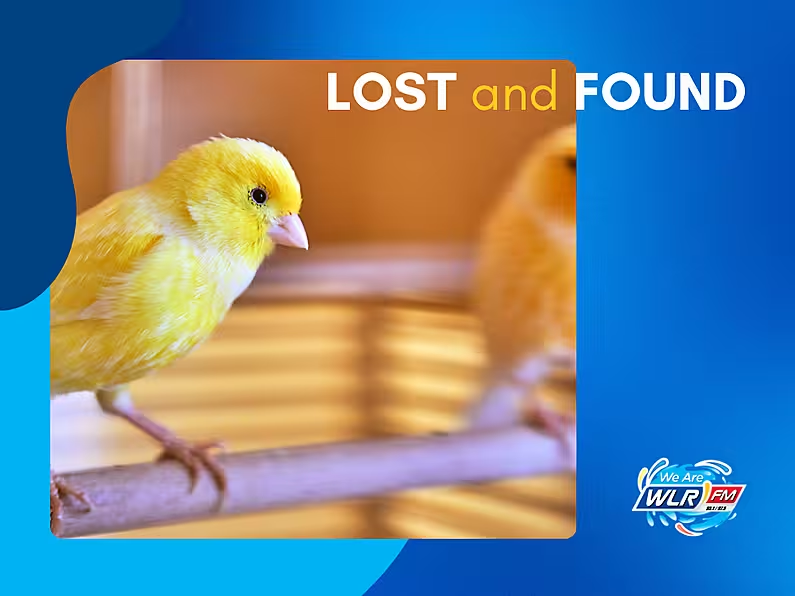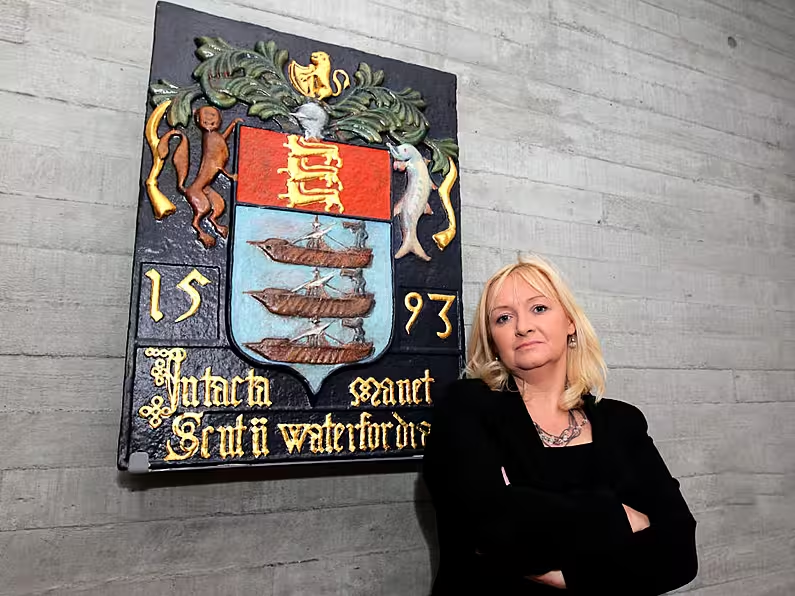Sarah Mooney
Dogs in Ireland remain in “no man’s land” when it comes to the regulation of their illegal advertising and sale, an Oireachtas committee has heard.
Poor dog welfare practices are supported by the current Irish ecosystem of online advertising and sales, according to Ireland’s largest dog welfare charity, Dogs Trust.
On Tuesday the charity delivered a petition of over 52,000 signatures from the Irish public to a meeting of the joint committee on agriculture and the marine, calling for the Government to enforce existing laws and stop the illegal sale of dogs.
The status quo lets unscrupulous sellers and breeders off the hook
Dogs Trust Ireland executive director Becky Bristow told the committee that many sellers on online platforms are continuing to flout laws introduced in February 2020 around the sale, supply and advertising of pets.
“This might include a missing microchip number or an obviously forged number; no details on the country of origin of the dog; no registration number or dog breeding establishment number,” she said.
“Dogs, as a companion animal, remain in a type of ‘no man’s land’ – they are not considered livestock and subject to the traceability that would normally be associated with this cohort.
“Similarly, dogs are not a consumer product, so no VAT or invoicing or similar requirements is mandated at the point of purchase...
“Put simply the status quo lets unscrupulous sellers and breeders off the hook and propagates poor dog welfare practices.”
Conned
Dogs Trust said the issue had been brought to the fore during the pandemic with the high demand for buying new dogs.
It called for all advertisements for the sale of dogs to be verified before they appear on selling platforms.
The move could prevent people being “conned into thinking they have bought a new pet puppy bred in a family home, as opposed a business purposefully breeding dogs in large volumes,” Ms Bristow said.
“A thief cannot resell a dog online if a rigorous procedure is in place to verify the microchip number before the advert goes live,” she added.
“[Traceability] can serve as a tool to unlock wider dog welfare and consumer protection issues, such as dog theft, poor breeding practices, buyers’ rights and tax records.”
The online selling platforms themselves have no way of verifying that the adverts are legitimate
Member of the Oireachtas committee, Senator Lynn Boylan, said the illegal selling of dogs was a “highly sophisticated operation with unscrupulous sellers” using multiple profiles and phone numbers to avoid detection.
“The online selling platforms themselves have no way of verifying that the adverts are legitimate or even if the dogs or puppies being advertised are those actually for sale," she said.
“This leaves the onus on the purchaser and organisations like Dogs Trust who are trying to warn the public of the dangers of buying a dog online and a lot more needs to be done to enforce the rules for advertising dogs online.”














